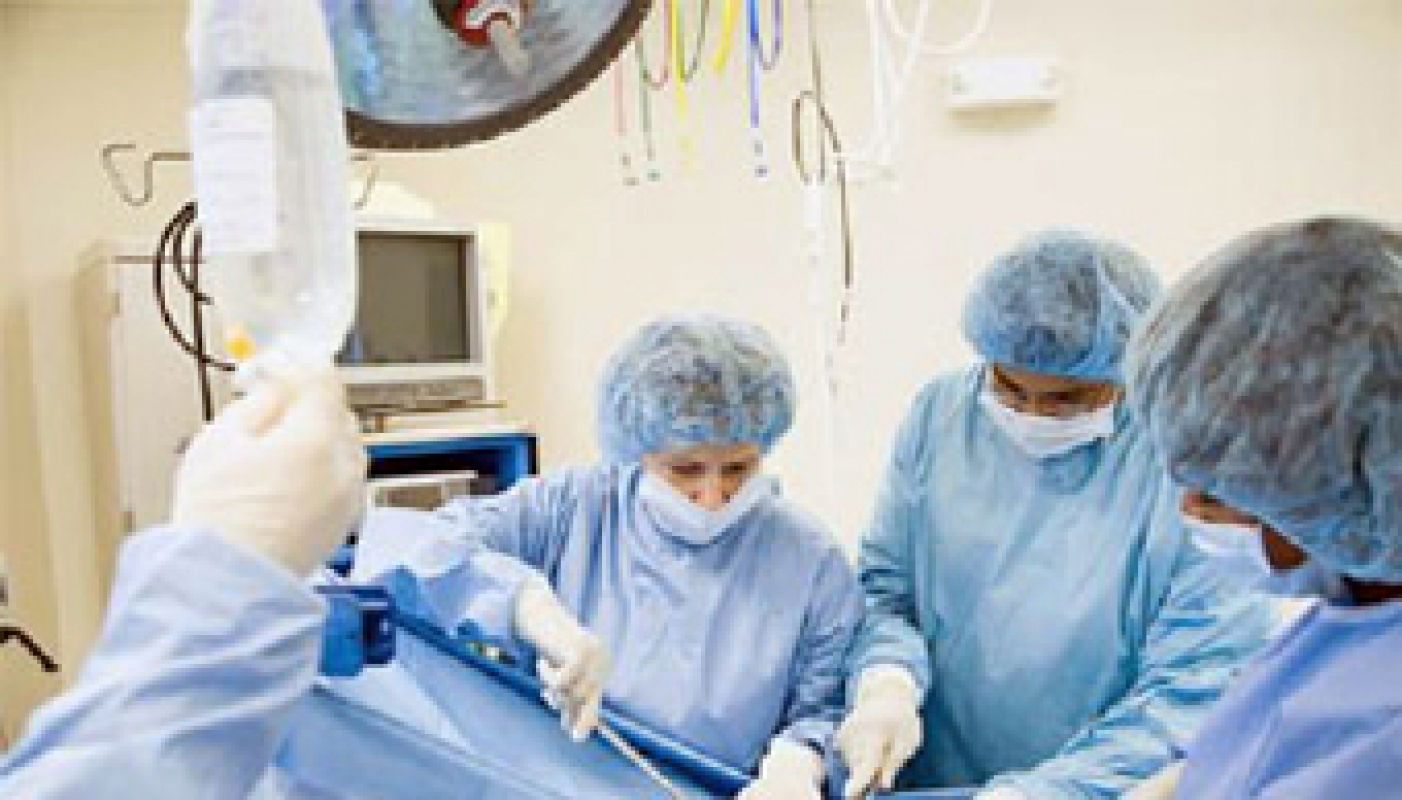Pre-Operative Profile
Essential Tests for Safe Surgery

Undergoing surgery requires a thorough assessment of a patient’s overall health to ensure a safe and successful procedure. The Pre-Operative Profile consists of a series of essential diagnostic tests that help doctors evaluate a patient’s medical condition, detect any underlying issues, and minimize the risk of complications. These tests provide critical insights into blood health, organ function, infection status, and cardiovascular health, ensuring the surgical team is well-prepared for the procedure.
Key Tests in the Pre-Operative Profile
Complete Blood Count (CBC)
A CBC test measures various blood components, including red blood cells, white blood cells, and platelets. It helps assess overall health, detect anemia, infection, and clotting disorders that may impact surgery and recovery.
HIV Test
Screening for Human Immunodeficiency Virus (HIV) is an essential pre-operative step to ensure proper precautions are taken during and after surgery. It also helps in planning post-operative care and infection control.
HBsAg (Hepatitis B Surface Antigen) Test
This test detects Hepatitis B infection, which can affect liver function and increase the risk of complications during surgery. Identifying this condition helps doctors take necessary precautions.
Anti-HCV Test
The Anti-HCV test screens for Hepatitis C virus, which, like Hepatitis B, can impact liver function and recovery after surgery.
Thyroid Stimulating Hormone (TSH) Test
The TSH test evaluates thyroid function, as thyroid disorders can affect metabolism, heart rate, and healing capacity, all of which are critical for surgery and post-operative recovery.
Random Blood Sugar (RBS) Test
The RBS test measures blood glucose levels to identify diabetes or abnormal sugar levels. Uncontrolled diabetes can lead to poor wound healing and an increased risk of infection.
Total Cholesterol Test
Cholesterol levels impact cardiovascular health, which is crucial for patients undergoing surgery. High cholesterol can increase the risk of heart-related complications during and after surgery.
Creatinine Test
This test evaluates kidney function, which is vital for filtering anesthesia and medications. Poor kidney function can lead to complications with drug metabolism and fluid balance.
Bleeding Time (BT) & Clotting Time (CT)
These tests assess the body’s ability to form blood clots, which is crucial for preventing excessive bleeding during surgery.
Prothrombin Time (PT)
The PT test measures how long blood takes to clot, helping doctors determine if any clotting disorders are present that could lead to excessive bleeding or thrombosis.
ECG (Electrocardiogram)
An ECG test evaluates heart rhythm and function, detecting any underlying cardiac conditions that might pose a risk during surgery.
X-Ray Chest PA View
A chest X-ray helps assess lung health and detect infections, fluid accumulation, or structural abnormalities that may impact anesthesia and respiratory function.
Ensuring Safe Surgery
These pre-operative tests are essential for assessing the patient’s readiness for surgery and ensuring that all potential risks are minimized. By identifying underlying health issues early, doctors can take necessary precautions, adjust treatment plans, and provide the safest surgical experience possible. Always consult with your healthcare provider for proper evaluation and interpretation of test results before proceeding with surgery.